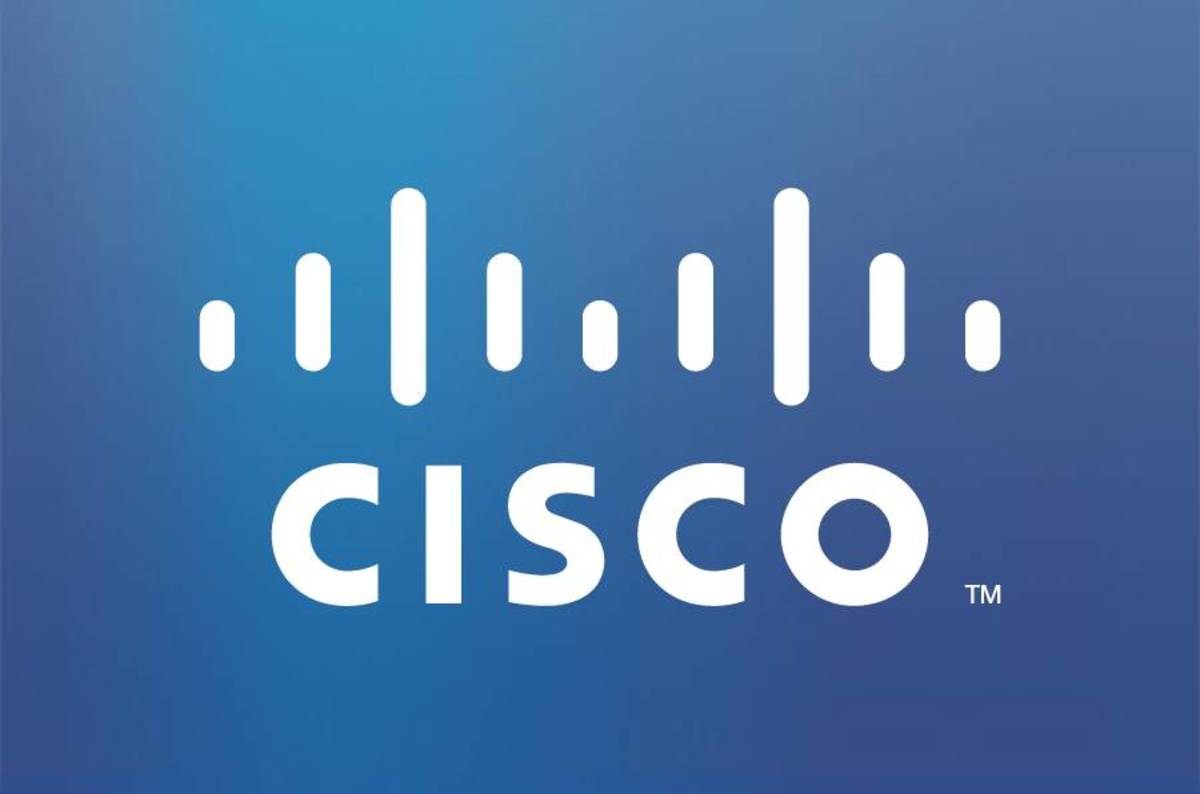TechInAfrica – Cisco, the multinational developer and manufacturer of networking hardware, telecommunications equipment, as well as other cutting-edge services and products establishes their two hundredth Networking Academy (NetAcad) in Nigeria. Serving as a manifestation on their commitment to strengthen the tech scene in the region, Cisco celebrates as they themselves made Nigeria the country with most Cisco NetAcads in the entire continent.
Cisco Networking Academy itself has been running for over 20 years (and counting), offering education, technical and operational training, as well as career mentorships for over 9.2 million students since 1997. Aiming mainly to introduce the next generation of talent to acquaint themselves with technology, Cisco deemed that the world can be made a better place by the help of it. Not limited to youths, employers in general and entrepreneurs alike can enroll in Cisco NetAcad programs to equip themselves with technical and entrepreneurial skills suited for the future.
You can watch the NetAcad overview video, officially presented by Cisco, below:
The celebration of the 200th NetAcad establishment, which was held in Federal Science and Technical College in Lagos, attended by numerous Cisco executives such as Francine Katsoudas—Cisco’s Chief People Officer. This provided an opportunity for NetAcad apprentices to present their works so far, with hopes to impress said executives and potentially securing a job offer in the future. Demonstrations from the students ranged from Internet of Things (IoT) mechanics, robotics, and several fields related to the tech sector.

At the end of the session, Cisco announced that a long-term partnership with Global Citizen—an international advocacy organization—has been initiated. The partnership, which will last for three years, committed to end extreme poverty that has been a disturbing issue for both the government and civil organizations. Cisco and Global Citizen plans to use their financial and technological resources to address such issue, hoping that it will be solved by the year 2030.
Source: guardian.ng



